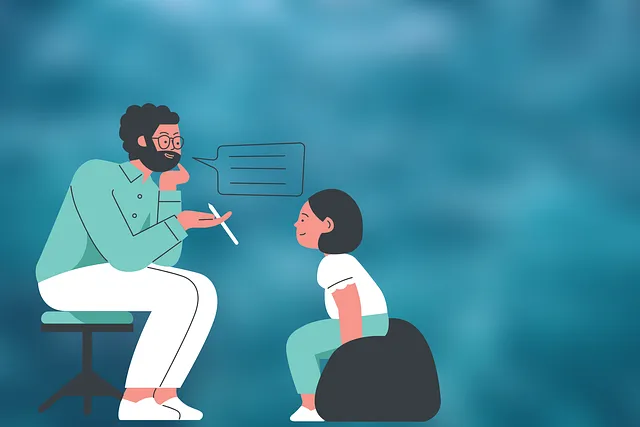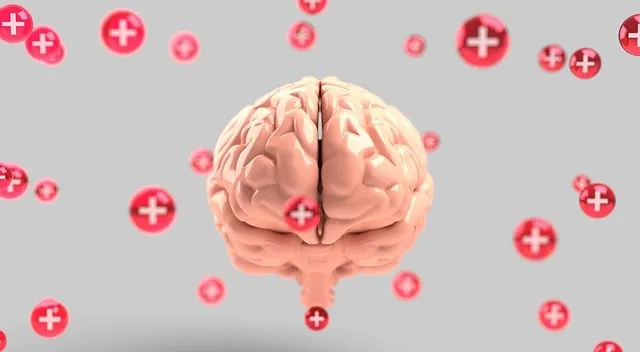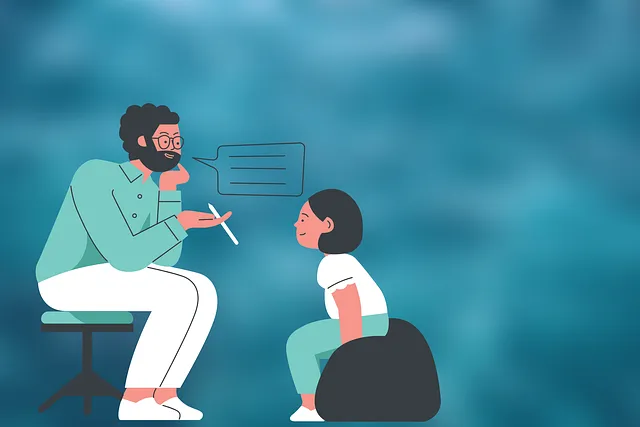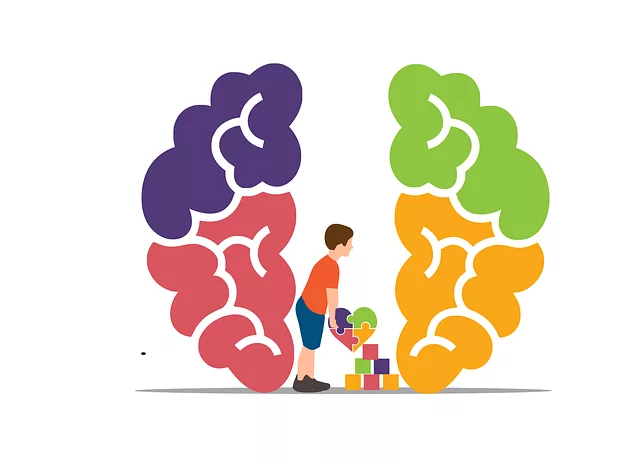The Kaiser Permanente mental health facility in Denver prioritizes holistic patient care through evidence-based programs like Mindfulness Meditation and cognitive behavioral therapy (CBT). They emphasize cultural sensitivity, offering tailored conflict resolution techniques. Patients learn vital coping skills, emotion recognition, and healthy responses in a safe, inclusive environment. The facility focuses on building resilience, encouraging self-compassion, setting realistic goals, and engaging in regular self-care routines for long-term well-being. Community outreach programs connect individuals with support networks and educational resources, fostering empowerment and a sense of belonging.
At the Kaiser Permanente Denver Mental Health Facility, coping skills development is a cornerstone of holistic patient care. This article offers a comprehensive guide tailored to the unique needs of our facility, helping individuals navigate stress and triggers effectively. We explore essential techniques for identifying personal stressors and implementing strategic coping mechanisms. Furthermore, we delve into long-term resilience building strategies designed to enhance well-being and foster sustained mental health, specifically addressing challenges faced within our Denver-based community.
- Understanding Coping Skills: An Overview for Kaiser Permanente Denver Mental Health Facility
- Identifying Personal Stressors and Triggers at the Denver Mental Health Facility
- Techniques and Strategies for Effective Coping Skill Development
- Building Resilience: Long-term Coping Strategies for Sustained Well-being
Understanding Coping Skills: An Overview for Kaiser Permanente Denver Mental Health Facility

At Kaiser Permanente Denver Mental Health Facility, understanding coping skills is a cornerstone of our holistic approach to patient care. Coping skills are the strategies individuals use to navigate and manage stress, anxiety, or difficult emotions. They play a vital role in mental health maintenance and can significantly impact a person’s overall well-being. Our facility offers a range of evidence-based programs designed to enhance these skills, such as Mindfulness Meditation, which helps patients cultivate present-moment awareness and emotional regulation.
Moreover, we recognize the importance of Cultural Sensitivity in Mental Healthcare Practice. By integrating Conflict Resolution Techniques tailored to diverse backgrounds, we ensure that every patient receives personalized support. These techniques foster effective communication, promote understanding, and strengthen relationships between patients and care providers, creating a safe and inclusive environment for healing at Kaiser Permanente Denver Mental Health Facility.
Identifying Personal Stressors and Triggers at the Denver Mental Health Facility

At the Kaiser Permanente mental health facility in Denver, coping skills development begins with identifying personal stressors and triggers. Patients are encouraged to participate in individual therapy sessions where they learn to recognize emotions and develop healthy responses. Therapists at the Denver Mental Health Facility employ various techniques, such as cognitive behavioral therapy (CBT), mindfulness practices, and empathy building strategies, to help individuals navigate their emotional healing processes.
Through these therapeutic approaches, patients gain insights into managing stress, understanding triggers, and mitigating symptoms associated with mental illness. The facility’s commitment to stigma reduction efforts further fosters an environment where individuals feel empowered to share their experiences openly. By combining evidence-based practices and a supportive atmosphere, the Kaiser Permanente mental health facility in Denver equips its patients with effective coping skills for long-term well-being.
Techniques and Strategies for Effective Coping Skill Development

At the Kaiser Permanente mental health facility in Denver, professionals emphasize that coping skills development is a multifaceted process tailored to individual needs. Techniques range from mindfulness practices like meditation and deep breathing exercises to cognitive behavioral therapy (CBT), which helps individuals challenge negative thought patterns and replace them with healthier alternatives. Engaging in regular physical activity, maintaining a structured Self-Care Routine Development for Better Mental Health, and connecting with supportive networks are also crucial components of coping skill development.
Professional guidance plays a vital role in teaching these skills effectively. Therapists at the Kaiser Permanente facility in Denver offer personalized strategies, helping individuals learn to manage stress, regulate emotions, and navigate challenging situations with resilience. By integrating these techniques into daily life, individuals can improve their overall well-being and enhance their ability to cope with life’s challenges.
Building Resilience: Long-term Coping Strategies for Sustained Well-being

At the Kaiser Permanente mental health facility in Denver, professionals emphasize that building resilience is a cornerstone of long-term coping strategy development for sustained well-being. Resilience, often described as the ability to adapt and bounce back from adversity, is nurtured through various means. One key approach involves fostering inner strength development, encouraging individuals to cultivate self-compassion, set realistic goals, and engage in regular self-care routines for better mental health. This holistic strategy empowers people to navigate life’s challenges with greater equanimity.
Furthermore, the Kaiser Permanente Denver facility promotes community outreach program implementation as a powerful tool for enhancing resilience. By connecting individuals with support networks, educational resources, and opportunities for social engagement, these programs foster a sense of belonging and empowerment. Ultimately, combining inner strength development and community involvement creates a robust foundation for maintaining mental health over time.
Coping skills development is a powerful tool for improving mental well-being, especially within the context of a supportive environment like the Kaiser Permanente Mental Health Facility in Denver. By understanding personal stressors and implementing effective strategies, individuals can build resilience and navigate life’s challenges with greater ease. The techniques outlined in this article provide a comprehensive framework for coping skill development, fostering a sense of empowerment and self-care that is essential to long-term mental health sustainability for Kaiser Permanente patients in Denver.






